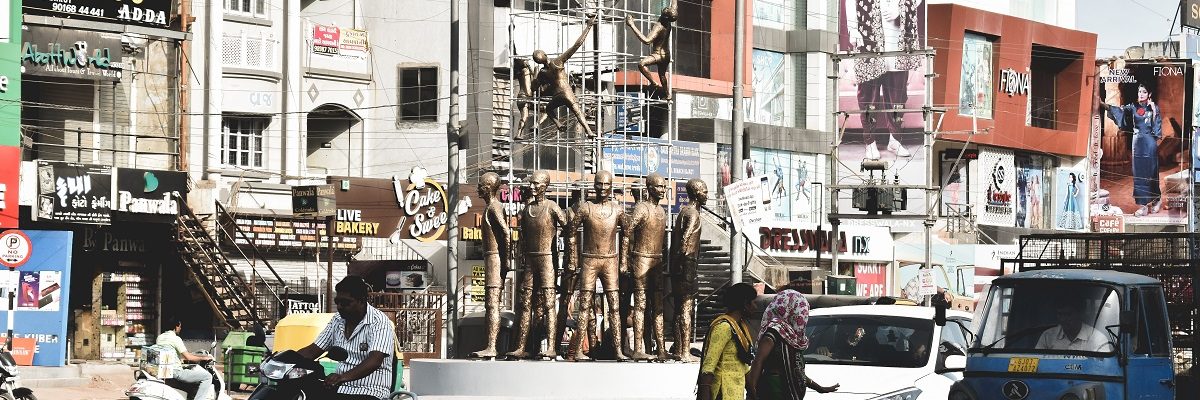Rajkot Becomes First Indian City to Pilot Global Urban Cooling Action Plan

The Indian city of Rajkot has been selected by UNEP and partners as the first city in India to develop an Urban Cooling Plan. ICLEI South Asia is the technical partner to UNEP in this project. A customised methodology is being developed for the city, in partnership with the UNEP-led Cool Coalition, which plans to coordinate and integrate municipality-led action on extreme heat and sustainable cooling.
Rajkot, located in a semi-arid zone, experiences very hot and dry summers, increasing urban heat island effects and extreme weather events, leading to a growing demand for cooling. Since concerted effort across all sectors is required, the new project will help to bring together all municipal departments and relevant agencies on one platform for developing and implementing an integrated urban cooling plan that prioritises the development of green spaces, energy efficiency in buildings, district cooling and other active and passive cooling solutions.
A project introduction meeting was held with Rajkot’s Municipal Commissioner Mr. Amit Arora in July 2021, followed by the commencement of work to conduct a baseline situation analysis.
A report on existing initiatives, barrier analysis, and solutions for urban cooling in Rajkot has been prepared. It includes a review of existing plans, policies, guidelines, standards, and ongoing programmes of the city, besides supporting strategies related to urban cooling and extreme heat; a list of stakeholders involved in urban cooling-related initiatives; detailed barrier analysis on the uptake and implementation of guidelines, standards and related sustainability efforts based on stakeholders’ consultation; and recommendations and integrated solutions for urban cooling and extreme heat.
In the coming months, the city’s surface and atmospheric urban heat profile will be prepared through GIS mapping to identify hotspot wards, based on the highest urban heat island intensity values. Later, based on discussions with the RMC, one ward will be selected from the three identified hotspot wards for neighbourhood scale thermal assessment through drone mapping and recommendations, and retrofit solutions will be proposed for the pilot area.